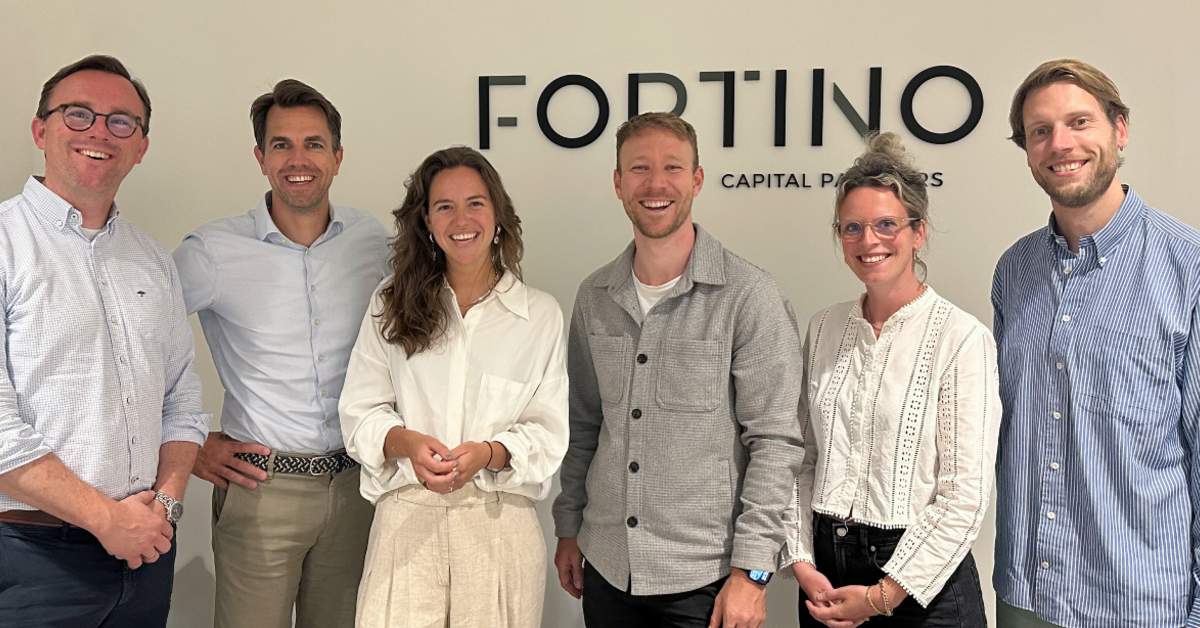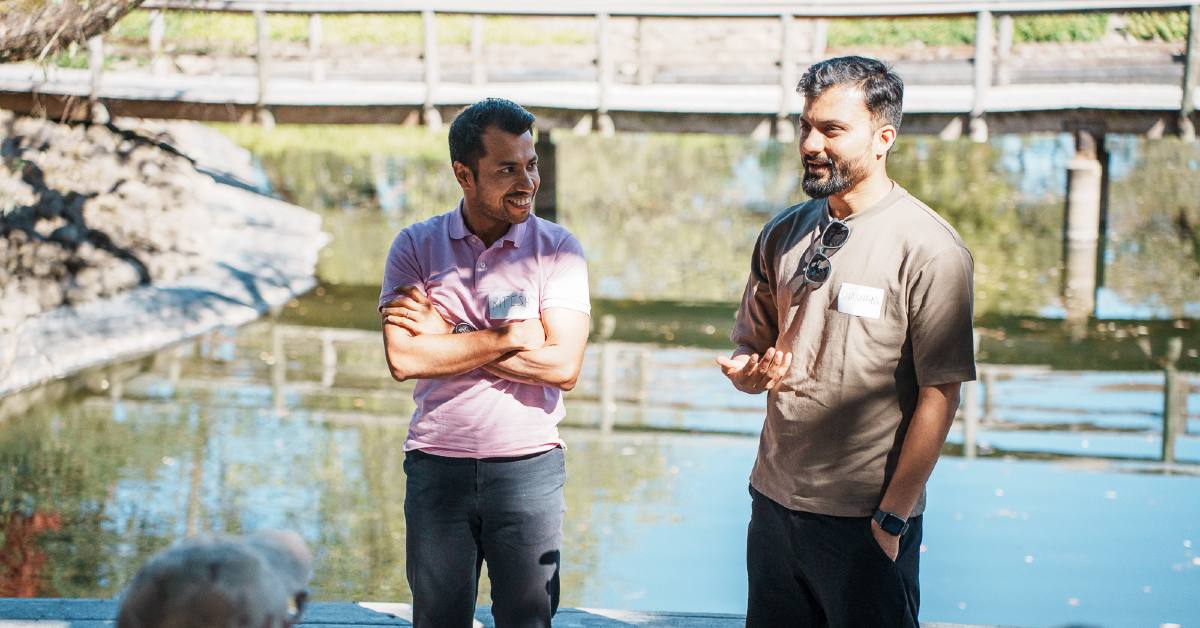After Sunday’s federal elections, Germany will most likely see a government led by the Christian Democratic Union (CDU) under a Chancellor Friedrich Merz. One of the most pressing issues: to bring the economy back on track after two consecutive years of negative growth. A key driver for this change is the country’s tech and startup sector, which has been calling on its government to create policies that foster entrepreneurship and attract more venture capital investment.
Over the last years, Germany’s startup landscape has been rattled by high interest rates, inflation, and home-made problems such as heavy taxation as well as bureaucratic burdens. Now, we Germans at times tend to have a knack for seeing the glass half-empty, but looking at the state of the country’s startup landscape, the latest numbers suggest light at the end of the tunnel: according to the EY startup barometer, founders secured 17% more capital in 2024 than in the previous year and Germany saw an 11% increase in new businesses in the same period. While startup investments are still down 60% compared to 2021, the downward spiral seems to have stopped, at least for now.
What can founders expect from a new government?
The new administration will be able to build on existing initiatives such as the Growth Fund Germany or the WIN initiative, which aim to narrow the annual €30 billion financing gap in the German startup sector. The WIN initiative alone is set to mobilise up to €12 billion by 2030. A look into the election manifesto of Merz’ Christian conservative party reveals several proposals for deregulation and easing bureaucratic hurdles for founders. The party aims to further expand the existing funds, introduce new financing mechanisms and create tax incentives for venture capitals. Obviously, whether all of this will come to fruition, depends on Merz’ coalition partner and the negotiations that are going to take place over the coming weeks. Whether these measures will be enough to turn Germany into a paradise for founders and a hotbed of innovation remains to be seen.
While Merz during his election campaign certainly emphasised the need to strengthen Germany’s role as an international tech hub, he fell short of making a bold, Macron-like call to build a ‘startup nation’. This might be linked to the tendency of German politicians to shy away from framing their own ideas in bold and visionary terms – after all it was the late Chancellor Helmut Schmidt who famously said, ‘People who have visions should go to the doctor’. But if the German startup ecosystem wants to retain or gain a reputation as a global tech leader, attract international investors and play first fiddle in a global tech world, it needs not just policy support, but better international positioning, starting with a more optimistic and confident narrative.
Startups in Germany should seize the moment for their own positioning
This starts with how German startups position themselves. Too often, the sector dwells on the challenges instead of embracing the potential of the technology it creates. Don’t get me wrong–it’s important to highlight the need for improvement. After all, you can’t paint too rosy of a picture if reality is everything but. On the other hand, one could draw parallels to Eeyore from Winnie the Pooh, who, despite all the genuine efforts made by the friends around him, never misses a chance to find a rain cloud somewhere.
Germany is home to top talent, growing tech sectors in health, climate, deep tech and AI, and to more than 50 tech unicorns. Yet, according to the Global Innovation Index 2024, on the global stage countries like the U.S., the U.K. and even Sweden and Switzerland are perceived as more innovative.
Highlighting the impact of innovation
With a renewed focus on building out the tech sector in Germany, startups can seize the moment for their own positioning and build not just their own brand but along with it the country’s brand as a global tech hub. Instead of centering their public relations efforts primarily on product news or the latest funding round, startups have a window of opportunity to change the narrative and package up their innovations in more compelling storytelling to highlight their actual impact. How is the startup transforming or disrupting an industry? What will the future of that industry look like? How does their technology help the economy grow and recover? How will it help digitise Germany’s more traditional small and medium-sized businesses?
It’s about creating a forward-looking narrative on how entrepreneurs lay the foundation for Germany’s economic recovery. Of course, this effort should not just be confined within the German media landscape but extend beyond borders. Leveraging English-speaking media should be a must-have for any startup today. Being featured in international media cannot just boost a startup’s visibility among international investors but also strengthen its employer brand, attract top talent, and drive sales. There is an opportunity for founders to own their story and rewrite Germany’s innovation narrative.
Author
Felix Eggert is the founder of Frontiers Strategies, a communications and public relations advisory firm. He has worked for international startups and scaleups, and most recently headed global public relations at Glovo.










01
From telecom veteran to Dutch Startup Visa success: The Jignesh Dave story